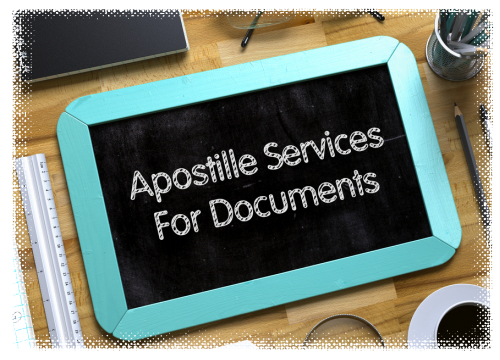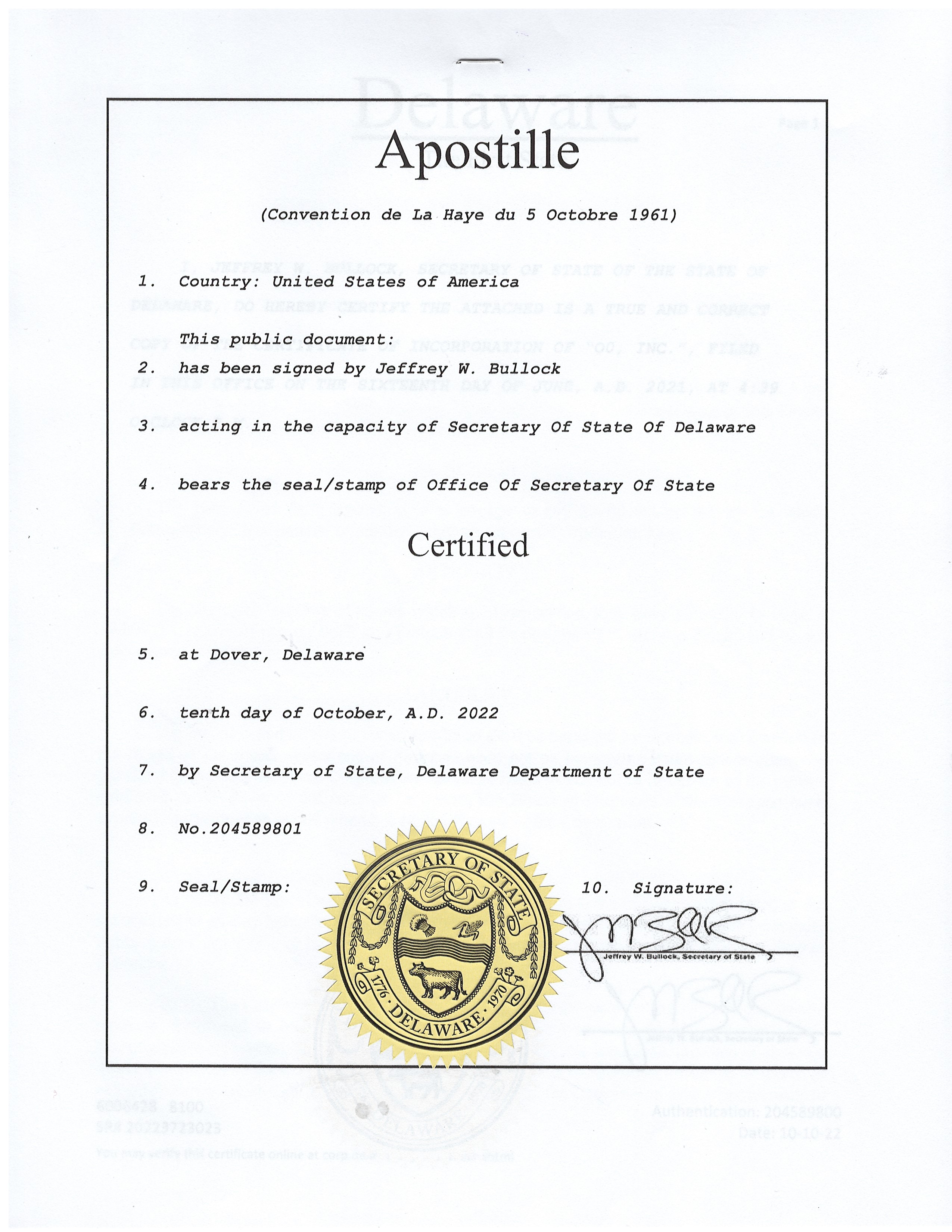Unveiling the Vital Duty of Apostille in Simplifying International Record Recognition Processes
In the world of international events, the validation of files holds extremely important importance. Amidst the web of bureaucratic procedures and varying legal demands across various countries, the duty of apostille emerges as a crucial facilitator in improving the procedure. By fastening an apostille to a paper, it goes through a streamlined validation that is acknowledged across numerous nations, hence reducing the concerns connected with cross-border document verification. As we explore the intricacies of this specialized certification, the nuances between apostille and standard validation techniques come to light, losing a brand-new perspective on the efficiency and effectiveness of this vital yet typically ignored procedure.
Recognizing Apostille Fundamentals
In the realm of paper recognition for international usage, grasping the essential principles of apostille authentication is essential. An apostille is a customized certification that validates the credibility of a document for usage in foreign countries that belong to the Hague Apostille Convention. Comprehending the essentials of apostille entails recognizing that it does not confirm the web content of the document yet rather accredits the trademark and seal of the providing authority. This certification simplifies the process of global document validation by making sure that the document will certainly be identified as real in countries that are parties to the Apostille Convention.
Apostilles are frequently issued for important documents such as birth certifications, marriage certificates, and academic records. The crucial elements of an apostille consist of the name of the nation where it was provided, the name of the person authorizing the record, the capability in which the person authorized the paper, the seal or stamp of the providing authority, and the date of issuance. By understanding these basic elements of apostille authentication, organizations and people can navigate the complexities of global paper validation with self-confidence and effectiveness.
Benefits of Apostille for Recognition

Moreover, the apostille simplifies the confirmation process by giving a standardized certificate that validates the credibility of the file, such as birth certifications, marriage licenses, notarized acts, and academic records. This standardized layout decreases the threat of being rejected as a result of unfamiliarity with international files, hence enhancing the performance of cross-border transactions.
In addition, the apostille helps in removing the need for several layers of verification by government authorities, as the apostille itself indicates the file's legitimacy. This not only speeds up the record validation process yet also decreases the linked costs and administrative difficulties, making it a cost-efficient and convenient option for people and businesses involving in global activities.
Simplifying Cross-Border Paper Verification
Simplifying cross-border paper verification, the apostille gets rid of the need for commonly complex and lengthy recognition procedures typically called for when providing documents in international countries. By fastening an apostille to a paper, the issuing nation certifies the credibility of the file, making it readily appropriate in other nations that are part of the Hague Apostille Convention.
Additionally, the apostille system enhances the protection and dependability of cross-border document recognition by providing a clear and internationally approved mechanism for verifying the validity of papers. This simplification of verification processes not just benefits people and businesses seeking to run internationally however additionally promotes smoother interaction and collaboration between nations by guaranteeing the dependability of shared documentation.
Relevance of Apostille in Legalization

Apostille guarantees that lawful records such as birth certifications, marriage certificates, powers of attorney, and court files are acknowledged and approved in international territories. This is specifically vital in legal matters such as international adoptions, immigration processes, or company deals that include celebrations from different countries. The apostille process decreases the administrative difficulties and taxing treatments typically related to document legalisation, making global purchases extra reliable and legitimately binding. In final thought, the value of apostille in the legalization of worldwide files can not be overstated, as it facilitates smooth cross-border communications and makes certain the credibility and authenticity of legal paperwork.
Apostille Vs. Typical Validation Methods
Contrasting apostille with conventional recognition techniques discloses unique distinctions in the effectiveness and simplicity of paper authentication procedures for international use. Apostille, as a structured and standardized approach established by the Hague Convention, supplies a more uncomplicated method to verifying files contrasted to conventional approaches. Traditional recognition procedures typically entail multiple actions, consisting of notarization, qualification by federal government authorities, and consular legalization, which can be troublesome and taxing.
Apostille, on the other hand, simplifies this procedure by licensing documents with a single apostille certification released by a proficient authority in the nation where the record originates (Houston TX Apostille). This certificate is identified by all participant countries of our website the Hague Convention, eliminating the requirement for additional consular office legalisation. As a result, apostille considerably minimizes the moment and initiative required for document validation, making it view website a favored option for people and companies entailed in international transactions
Final Thought
Finally, apostille plays a vital function in streamlining worldwide document validation processes by giving a standard approach of verification that is acknowledged throughout participating nations. By improving the legalization procedure, apostille removes the need for numerous layers of recognition, lowering time and expenses related to cross-border file verification. This efficient system advantages people and organizations looking for to make use of foreign papers for lawful purposes, making sure smoother international deals.
By fastening an apostille to a document, it goes through a streamlined recognition that is recognized throughout countless nations, therefore alleviating the worries associated with cross-border paper verification. Streamlining cross-border document authentication, the apostille gets rid of the demand for lengthy and typically challenging recognition treatments commonly required when presenting files in foreign countries. By attaching an apostille to a paper, the releasing nation licenses the credibility of the record, making it readily acceptable in other countries that are component of the Hague Apostille Convention. By fastening an apostille to a document, the issuing country certifies the credibility of the trademark, seal, or stamp on the record, making it legitimate for usage in an additional participant nation of the Hague Apostille Convention without the requirement for additional legalization.
